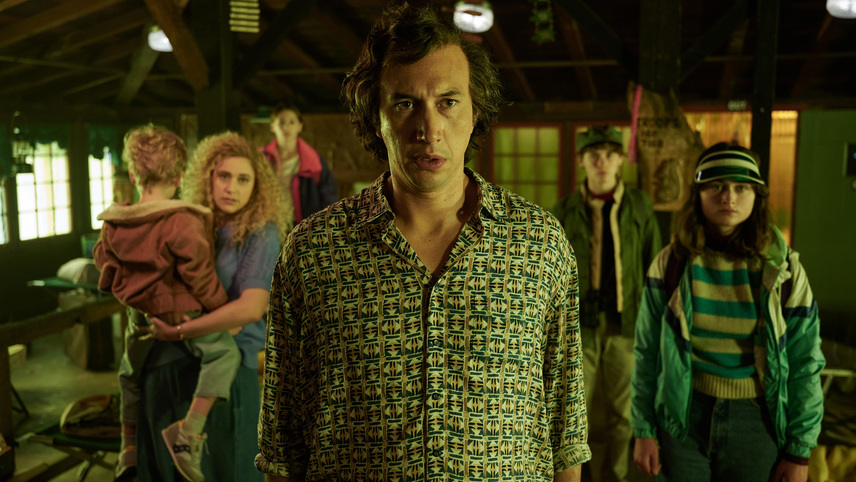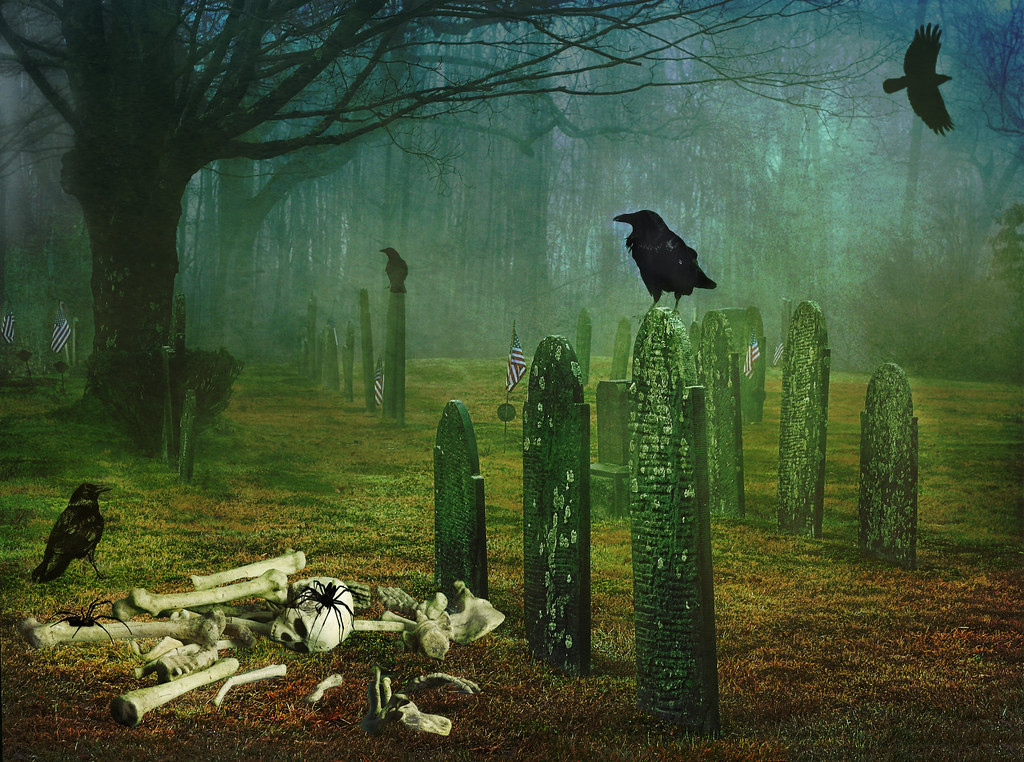‘White Noise’ Manages to Silence and Clutter Thoughts Simultaneously
Positively eccentric at its best, puzzling at its worst
Grade: B-
Photo CreditNetflix
February 3, 2023
A father teaching a college course about Adolf Hitler, a mother who constantly forgets things, a son with an extensive knowledge on chemicals, and a daughter with an impressive eye for detail. These are the members of the Gladney family, the focal point of “White Noise.”
Set in the 1980s, the Gladney family appears to be your typical American family, but this isn’t exactly the case. While the children, namely Heinrich (Sam Nivola) and Denise (Raffey Cassidy), seem to be obsessed and fascinated with the concept of death and disaster, their parents Jack (Adam Driver) and Babette (Greta Gerwig) constantly fret about who’s going to die first. This fear is strengthened when a train accident spills gallons of toxic chemicals, which soon fill the air.
The film was adapted from the original 1985 book by Don DeLillo with the same name, and just like in the novel, the movie is split into three parts: “Waves and Radiation,” “The Airborne Toxic Event,” and “Dylarama.” “Waves and Radiation” is extremely slow in terms of pacing, prioritizing characterization over plot development. While I think this helped the audience understand the eccentrism of the Gladneys, not every single detail was necessary in the grand scheme of things. For example, the movie briefly shows Jack taking private German lessons for his upcoming conference, but this doesn’t come into play for the major plotline.
Additionally, despite being the main premise of the film that’s advertised, “The Airborne Toxic Event” only lasts for roughly 30 minutes. I expected more of an adventurous, maybe even post-apocalyptic type of film, but instead it focuses on the aftermath of the event and how it plays a part in the new plotline centered around the mysterious pills Babette takes. This was disappointing.
While “White Noise” is described as an absurdist, comedy-drama film, I never laughed out loud once. Absurd? Absolutely, but comedy is debatable. I did see some attempts at it, but they’re either satirical comments during the heat of the moment, or the Gladney’s children being the embodiment of chaos. Then again, I’m hard to impress when it comes to humor.
On the other hand, the film nails the drama with the cinematography and score, sending chills down my spine, especially during “Dylarama.” The music is suspenseful and creeps up on the audience, while the camerawork and lighting make it their sole goal to zero in on the characters being confronted by the truth. I also give major props to Adam Driver and Greta Gerwig’s acting for being able to express shame, regret, and betrayal so clearly. I usually make snarky, sarcastic comments in my head no matter what movie I’m watching, but “White Noise” managed to (ironically) silence my thoughts.
It’s also worth noting that this is an A24 film, who produced one of the most successful films in 2022, “Everything, Everywhere, All at Once”, as well as “Midsommar” and “Lady Bird.” These films are notorious for their authenticity and uniqueness; however, this is also a double edged sword as these films are made for a particular audience that don’t mind thinking too hard. I don’t think I’m part of this audience, as I’m still trying to dissect this movie days after watching it. A combination of its random recurring themes (such as supermarkets and… Adolf Hilter?) and its dominating message about how the fear of death can take over your life is hard to comprehend. It kind of made sense while I was watching it, but now that I think about it a few days later, I’m still questioning what all those elements really meant.
“White Noise” is a movie where after it’s finished, you’ll probably spend your time on YouTube watching videos like “White Noise: Explained” just to try and get the full message. While its production value is undoubtedly outstanding, the film’s pacing and plot could prove to be a major ick to some audience members. You’re likely to say the exact same words I said to myself after I finished “White Noise”: “I know the movie was good, but what did I just watch?”








